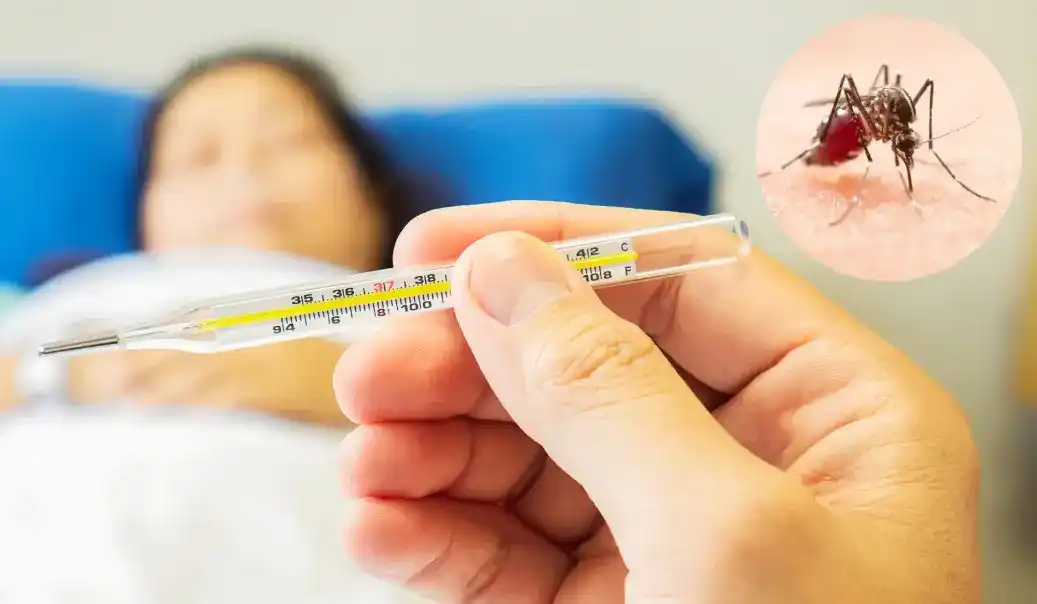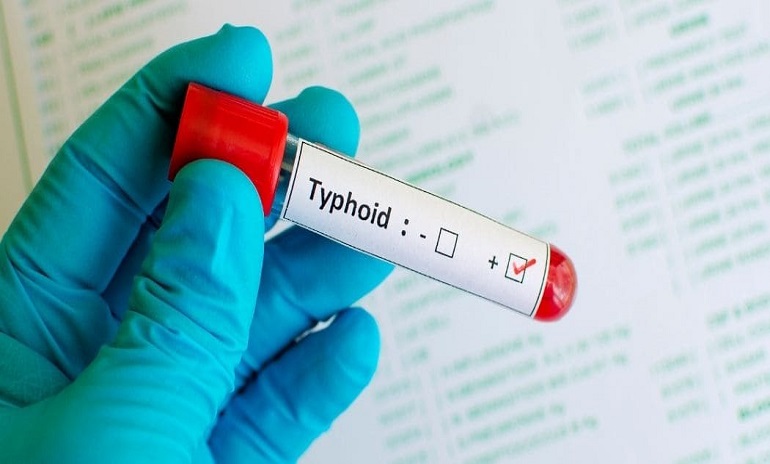Dengue and typhoid infection diseses

Dengue Fever:
Dengue fever is a mosquito-borne viral infection that primarily affects humans. It is caused by the dengue virus, which belongs to the Flaviviridae family and is transmitted to humans through the bites of infected female mosquitoes, primarily Aedes aegypti and, to a lesser extent, Aedes albopictus. These mosquitoes are commonly found in tropical and subtropical regions, making dengue prevalent in many parts of the world.
Here are some key points about Dengue fever:
-
Transmission
-
Incubation Period
-
Diagnosis
- Vaccine
It's important to note that the situation regarding dengue fever, including available treatments and preventive measures, may have evolved since my last update. Always consult with healthcare professionals or relevant health authorities for the latest information.
Typhoid Fever:


Typhoid fever is a bacterial infection caused by the bacterium Salmonella enterica serotype Typhi. It is a significant public health concern in many developing countries and is often associated with poor sanitation and contaminated food and water. Typhoid fever is less common in industrialized nations but can still occur, especially in travelers returning from areas where the disease is endemic.
Here are key points about typhoid fever:
-
Causative Agent
- Incubation Period
-
Diagnosis
- Vaccine
As with any infectious disease, early detection and treatment are crucial for a better prognosis. If you suspect you have typhoid fever or have been exposed to the bacteria, it's essential to seek medical attention promptly.